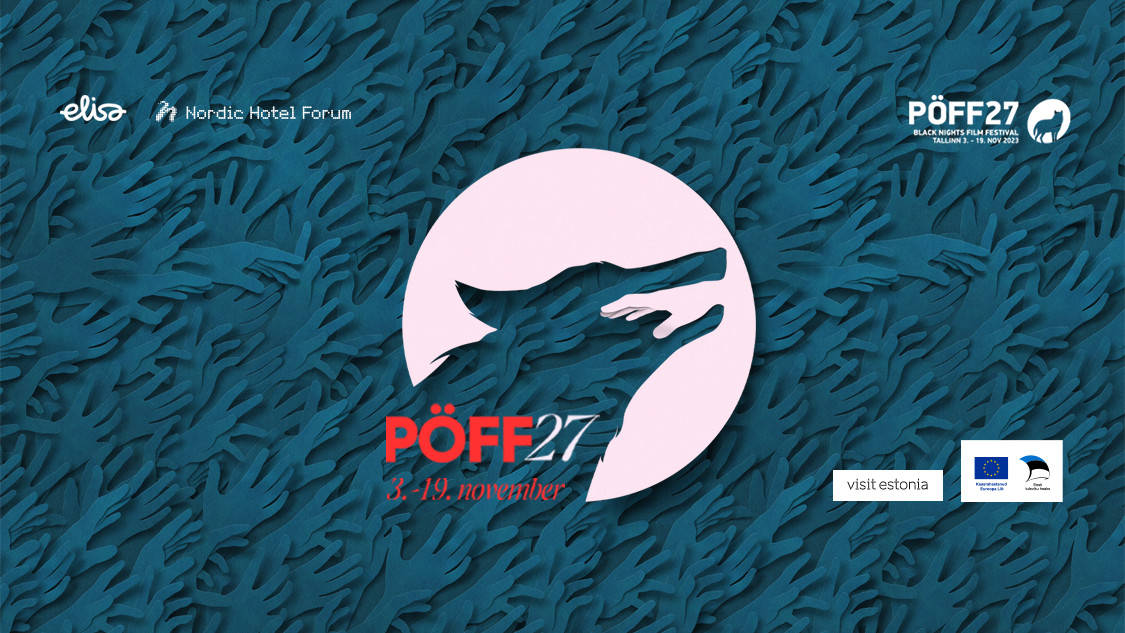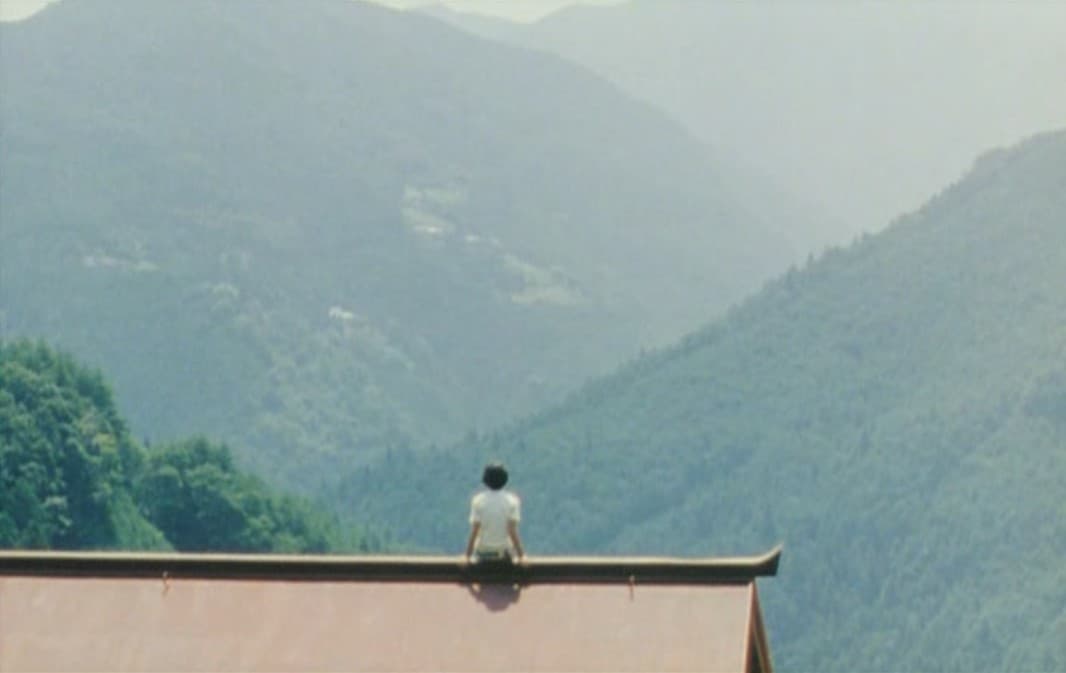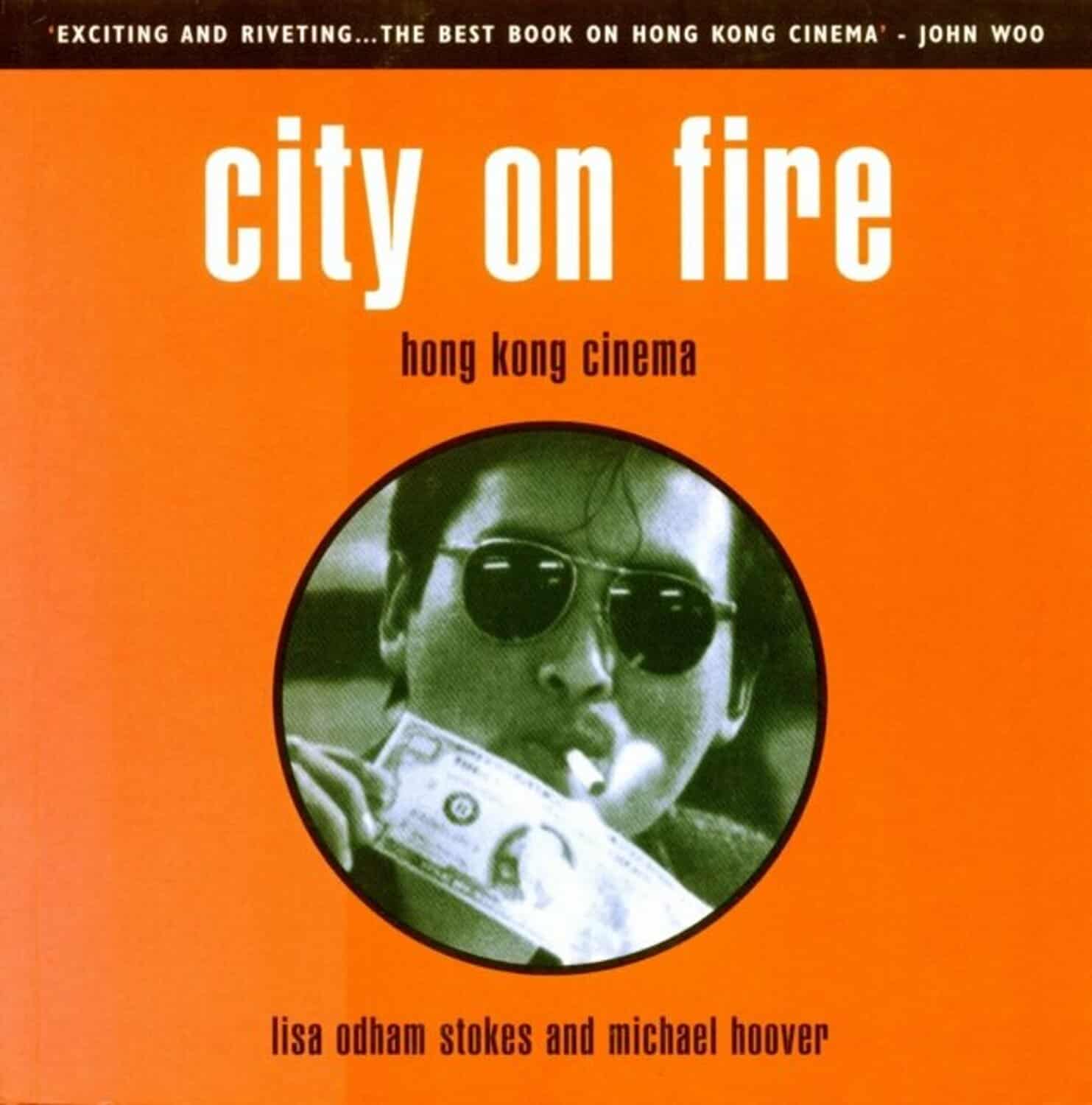There is a lot of talk about a potential war, and the police has been asked to haul all vagrants from the streets with a vague explanation that civilians without identity impose a national threat. The men are brought to a local mental clinic where they are sedated and kept for months and then discharged with a bunch of pills, just in time to make space for the new lot. Tovino Tomas plays a man who was put in such an institution for no other reason than leaving his house to do some errands, and running into the wrong kind of uniformed guys. Upon his release, he returns to a settlement made out of old train wagons somewhere in the countryside, in an area impacted by the heavy industry. He discovers a new, not that pleasant type of neighbor living in the wagon opposite of his, but the times are difficult enough, so he decides to mind his own business.
“Invisible Windows” screened at Tallinn Black Nights

In his 12th feature film, Indian director Bijukumar Demodaran, aka Dr. Biju, returns to his often explored topic of class and state discrimination, in a dystopian tale of two people who resist an un-named power that owns every inch of the land they live on. In a world that exists some time in the near future, a conflict of larger scale is boiling, and everybody is whispering about the approaching war. Against whom, nobody knows. Why? Even less. Somewhere between those whispers and the dialogue lines, clear references to the contemporary state of things can be easily detected. “Invisible Windows” is a kind of film that preaches justice without being annoyingly moralizing and didactic. It speaks of the banality of armed conflicts and of mysterious reasons for wars, never plausible enough to justify them but enough to push them happen. In “Invisible Windows” truths are not repeated out loud as the filmmaker doesn't find it necessary to state the obvious. The poor are always being exploited, no matter who seizes the power, and the wars are made without the approval of average citizens.
Check also this interview
Shot on impressive locations such as former fortifications and green hills of (probably) eastern highlands of Kerala, the film also visually profits from the fine work done by the art director Dileep Daz, particularly when the story moves into the lead character's workspace – the village morgue. The creamy green surfaces of walls and furniture alike add some extra eeriness to the already spooky place in which corpses come to life to communicate with their living friend.
When dead start speaking, we also start asking ourselves the question if our man was put in the institution for a good reason, after all. This little detail will remain a mystery, which works perfectly fine, because as one of the living corpses explains – “Normal people can not talk to the dead”. One by one, the deceased tell stories of their lives and deaths, because – as it turns out – most of them were killed by authorities who do not tolerate critical voices. Executed are writers, professors and musicians and each one of them believes that the world would be a much better place if people had the same passions as they do. “If everyone read a book/ played an instrument, there wouldn't be any wars.” Basheer, the first corpse who came to life is seen reading Leo Tolstoy's “War & Peace”, and another victim happens to be the guitarist of the band our nameless modern hero watched only the evening before, during a protest concert interrupted by police.
There are no names of people, places or companies that hold the power in their hands, with the helmer playing on the ticket of topic's universality: this story could be, indeed, staged just anywhere in the world. On the other hand, since movies can not feed on good intentions only, there are a couple of problems with Dr. Biju's drama, beginning with the special effects department, particularly towards the end when the whole factory complex becomes an obvious photo wall behind the guards' watch tower. Additionally, the militia is popping up randomly to demand the most bizarre things out of citizens, in an almost comedic manner without an intention to be funny.
With its world premiere in Tallinn in Offficial Selection, “Invisible Windows” has big chances of being shown at other international film festivals.















